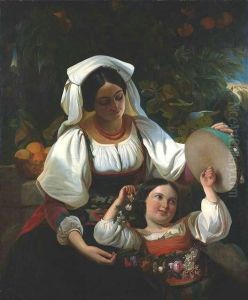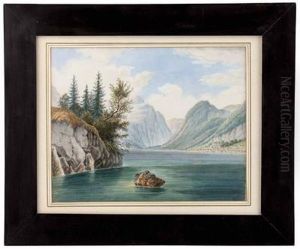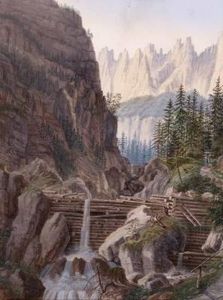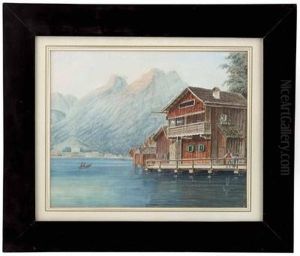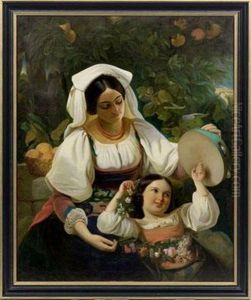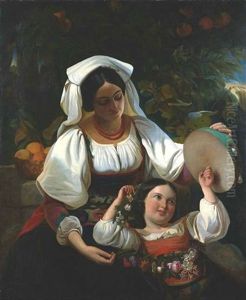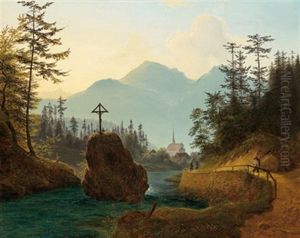Josef Eberl Paintings
Josef Eberl was an Austrian painter and graphic artist known for his contributions to early 20th-century art, particularly within Austria. Born on March 15, 1880, in Vienna, Eberl's artistic journey began at a young age, showing early promise and enthusiasm for the arts.
He received his formal art education at the Academy of Fine Arts Vienna, where he studied under Christian Griepenkerl, a prominent history painter of the time. Eberl's style was influenced by the prevailing artistic movements of the period, including Impressionism and Art Nouveau, as well as the Vienna Secession, a group that sought to break free from the traditional academic art of the time.
Eberl's work was characterized by a keen observation of everyday life and an interest in capturing the nuances of light and color. He was known for his landscapes, portraits, and still life paintings. Though not as widely recognized as some of his contemporaries, Eberl contributed to the vibrant art scene in Vienna, exhibiting his work at various venues and participating in the cultural life of the city.
The outbreak of World War I had a profound impact on Eberl's life and work, as it did for many artists of his generation. The post-war period saw a shift in European art, and Eberl, like many others, grappled with the changes in society and the art world.
Josef Eberl continued to paint throughout his life, but records of his later years are sparse. He passed away on February 24, 1942, in Vienna. While Eberl may not be as well-known as some of his contemporaries, his contributions to Austrian art provide a window into the rich artistic milieu of early 20th-century Vienna. His works are part of various collections and continue to be appreciated by art enthusiasts and historians.
